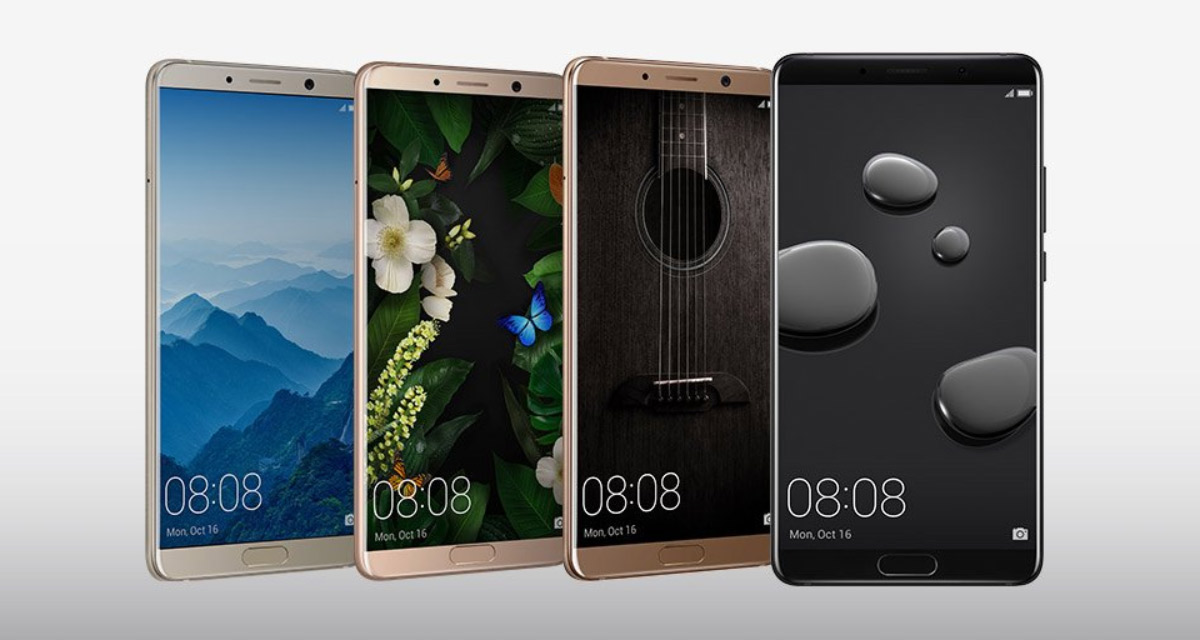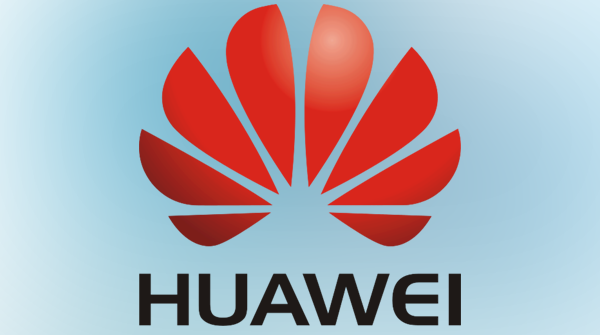It’s never good news when the heads of multiple intelligence agencies make a recommendation in front of Senate that consumers should stay clear of your devices.
Granted, it sounds like something out of a tense Hollywood movie scene, but that’s exactly what has happened in real life with the heads of six major US intelligence agencies advising that US citizens should stay away from Chinese smartphone manufacturers like Huawei and ZTE.

The heads of the FBI, CIA, NSA, and the director of intelligence have all recommended that citizens of the United States should stay clear of the aforementioned hardware manufacturers. This may all sound extremely worrying and a concern for anyone who currently uses phones from these manufacturers but these warnings aren’t exactly new.
Huawei is a company which was originally founded by an engineer formerly part of the China People’s Liberation Army, which the U.S. Government effectively sees as a non-official extension of the Chinese government.
As part of the recommendations, FBI Director Chris Wray talked about his agency’s deep concern “about the risks of allowing any company or entity that is beholden to foreign governments that don’t share our values to gain positions of power inside our telecommunications networks.” Wray also has a belief that this type of access could allow individuals to “maliciously modify or steal information” and embark on stealth espionage tactics from foreign soil.

This level of distrust and suspicion has already led the U.S. to ban Huawei from bidding for any official government contracts as well as considering bringing a bill into practice that would prevent any government official or employee from purchasing and using a Huawei or ZTE device due to Huawei’s “extraordinary ties to the Chinese government,” according to Republican Senator Richard Burr.
Of course, Huawei won’t be too happy about the revelations and has responded with an official statement outlining that the company “is trusted by governments and customers in 170 countries worldwide and poses no greater cybersecurity risk than any ICT vendor, sharing as we do common global supply chains and production capabilities.”
Trusted in 170 countries it may be, but we wonder how many individuals in those countries have been asked to leave fake device reviews?
You may also like to check out:
- iOS 11.2.5 Jailbreak: Update On Where Things Stand And What To Expect Going Forward?
- Fix Snapchat Check Your Connection Error On iPhone In 2018, Here’s How
- Download: Pokemon Go 1.61.2 For iOS, 0.91.2 APK For Android Rolling Out
- iOS 12 Beta Download, Rumors, Features, Release Date [Everything We Know So Far]
- Download iOS 11.2.5 Final IPSW Links, OTA Update For Your iPhone, iPad, iPod touch
- Downgrade iOS 11.2.5 To iOS 11.2.2 For Potential Future Jailbreak, Here’s How
- Jailbreak iOS 11.2.5 / 11.2.2 / 11.2.1 On iPhone And iPad [Status Update]
- Jailbreak iOS 11 / 11.1.2 On iPhone X, 8, 7, iPad Using LiberiOS [Updated]
You can follow us on Twitter, add us to your circle on Google+ or like our Facebook page to keep yourself updated on all the latest from Microsoft, Google, Apple and the Web.

